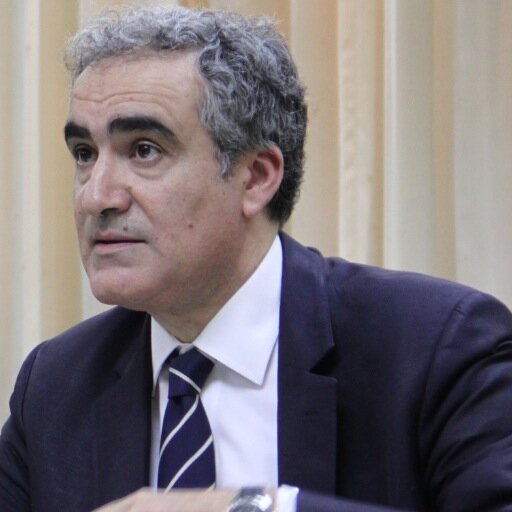International jurists to India: Overturn anti-gay law
Colin Stewart is a 45-year journalism veteran living in Southern…

It’s time for India to overturn its law against consensual same-sex intimacy, according to the International Commission of Jurists (ICJ).
The ICJ is an international group consisting of dozens of lawyers, judges, and law professors who promote respect for international human rights standards through the law. The ICJ issued this statement:
India: time for Supreme Court to uphold LGBTI rights

The Indian Supreme Court should decriminalize consensual same-sex relations when it reviews its December 2013 decision in the Suresh Kumar Koushal case, said the ICJ in a briefing paper released [in late March].
[The issue at stake in this case is whether to uphold] the constitutionality of the criminalization of consensual same-sex relations under section 377 of the Indian Penal Code (IPC),
The briefing paper answers some key questions arising from the Supreme Court’s referral earlier this year of its Suresh Kumar Koushal decision to a five-judge bench of the Court, based on the Court’s acknowledgment that the case involved issues with “constitutional dimensions”.

“The referral has opened up a significant new chapter in this critically important litigation, which has been ongoing since 2001”, said Sam Zarifi, ICJ’s Asia-Pacific Director. “The Supreme Court has the opportunity to ensure that this archaic and discriminatory law is taken off the statute book for good”.
The ICJ’s briefing paper answers questions regarding the nature of the Supreme Court’s referral in this case through a curative petition. It also sets out the issues in the case that are currently before the Court; the history of this particular litigation; and India’s international obligations around these issues.
“It is time to move beyond the injustice of the Suresh Koushal Case,” Zarifi said. “Holding section 377 unconstitutional would have enormous transformative value for LGBT rights in the country and beyond.”
“It would set the stage for the full recognition of LGBTI rights as human rights, as required by international human rights law, by which India is bound,” he added “in particular, the principles of non-discrimination, equality before the law and equal protection of the law.”
Background
Section 377 of the IPC makes it a criminal offence for “[w]hoever voluntarily has carnal intercourse against the order of nature with any man, woman or animal”.
It has been interpreted to apply to consensual same-sex sexual relations. It has also been used as a tool of harassment and intimidation against sexual and gender minorities in India.
By allowing the criminalization of consensual same-sex conduct, section 377 has facilitated numerous human rights violations, including non-discrimination, equality before the law, equal protection of the law, liberty and security of person, free expression, health, and privacy.
Under international human rights law, India is bound to respect, protect and fulfill all these rights.
For more information, read the full Q&A-style Briefing Paper (in pdf format).
Related articles:
- Hurrah! Indian Supreme Court will review anti-gay law (February 2016, 76crimes.com)
- India: Growing LGBTI openness, despite legal setback (June 2014, 76crimes.com)
- Orinam’s archive of articles about Indian courts and Section 377:


